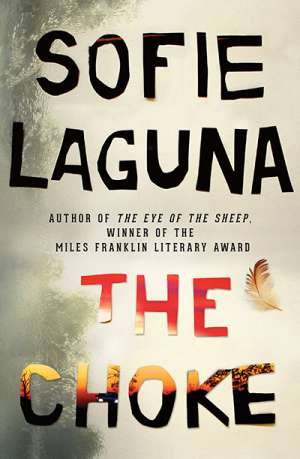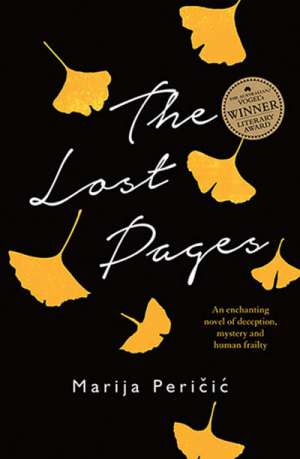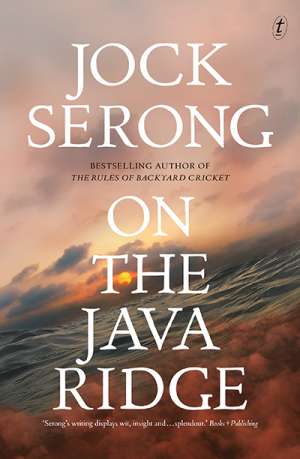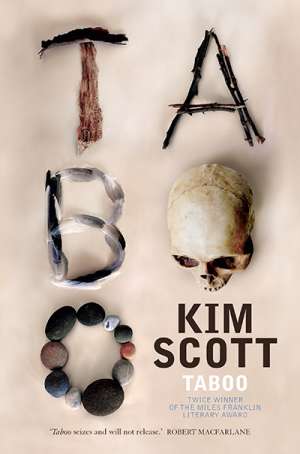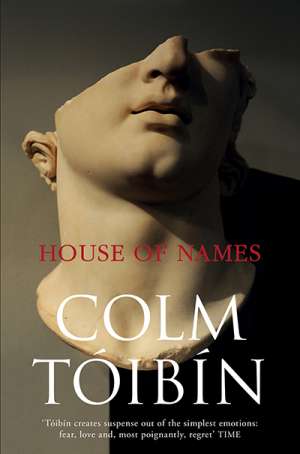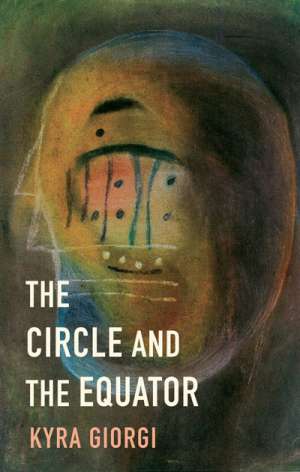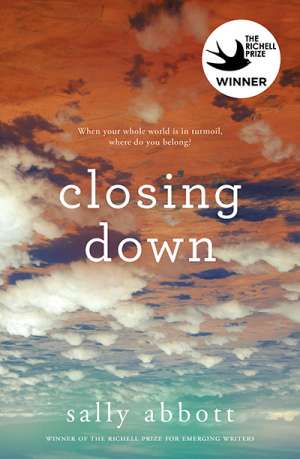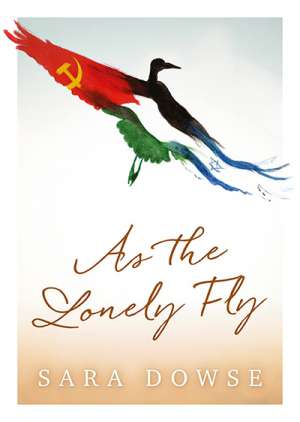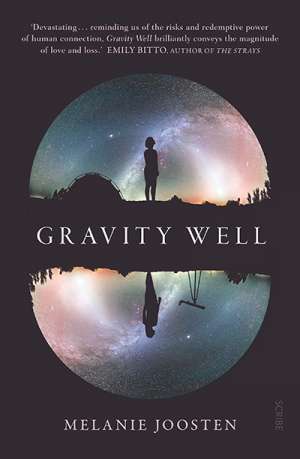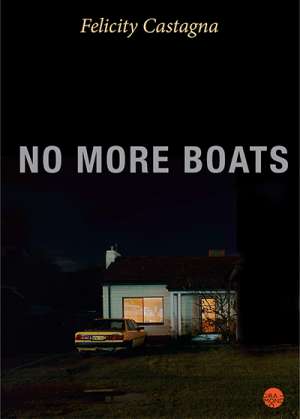Fiction
The Choke is full of holes. I mean that literally, which is also to say (since we are talking about a novel) symbolically. It contains any number of insinuating references to wounds, ditches, gaps, and voids. The primary implication of these can be grasped if one recalls that ‘nothing’ was Elizabethan slang for female genitalia. Sofie Laguna’s narrato ...
Alan Bennett once wrote of Franz Kafka: ‘One is nervous about presuming even to write his name, wanting to beg pardon for doing so, if only because Kafka was so reluctant to write his name himself.’ Even so, Bennett gave us Kafka’s Dick (1986), which – alongside a sputtering stream of demythologising critical interventions into Kafka studies ...
... (read more)A rich vein of political writing runs through Australian fiction. From the early days of socialist realism, through the anti-colonialism of both black and white writers, to tough explorations of identity politics today, we have struggled with concepts of justice and equality since Federation ...
... (read more)When a new novel from Kim Scott appears, one feels compelled to talk not only about it as a work of fiction by a leading Australian writer, but also about its cultural significance. In this sense a Kim Scott novel is an event, and Taboo does not disappoint ...
... (read more)House of Names is a grim book, as any retelling of Aeschylus’s Oresteia is bound to be. It is a tale to harrow up your soul, to make your two eyes start from their spheres – or at least, it is until ten pages before the end, when Elektra cracks the book’s first joke and the tone becomes a touch mellower.
... (read more)The past is a foreign country: they do things differently there.’ L.P. Hartley’s now proverbial observation at the start of The Go-Between (1953) functions as a statement of fact and a warning. The writer who wishes to traverse the terrain between a nation’s present and its past must navigate a minefield – linguistic, cultural, and historical. Therefore, when you attempt to navigate not only across time but across nations ...
... (read more)Closing Down is about survival and the rituals that allow it; those that keep the fraying edges of life and society together, that stop a relationship disintegrating, that stave off insanity. In her début novel – which won the inaugural Richell Prize for Emerging Writers – Susan Abbott asks: how do you survive when your world is breaking into pieces?
Sara Dowse is a fine observer of politics and power. Her new novel, As the Lonely Fly, traverses three continents over fifty years and contains a multitude of characters, but its focus is honed in on three sisters, of sorts. While Chekhov’s play of that name is typified by waiting, Dowse’s story is of continuous flux and upheaval. Clara-later-Chava, Man ...
Gravity Well opens with Carl Sagan’s famous ‘mote of dust suspended in a sunbeam’ quote, suggesting themes of astronomy, loneliness, and humanity’s cosmic insignificance. Though I was immediately smitten with the cover design (a nebula-coloured orb, its top and bottom halves depicting mirrored but not identical female silhouettes amid a sea of cosmic black), I worried that the novel might overdo the astronomy analogies. Yet it soon became apparent that Melanie Joosten’s writing is as subtle as it is intelligent. The astral references are frequent but add interest and depth. All appear well-researched, and many – such as the Voyager Golden Records – sent me googling for more.
... (read more)No More Boats is Felicity Castagna’s newest work since Small Indiscretions (2011), a collection of short stories, and her award-winning Young Adult novel ...
... (read more)
